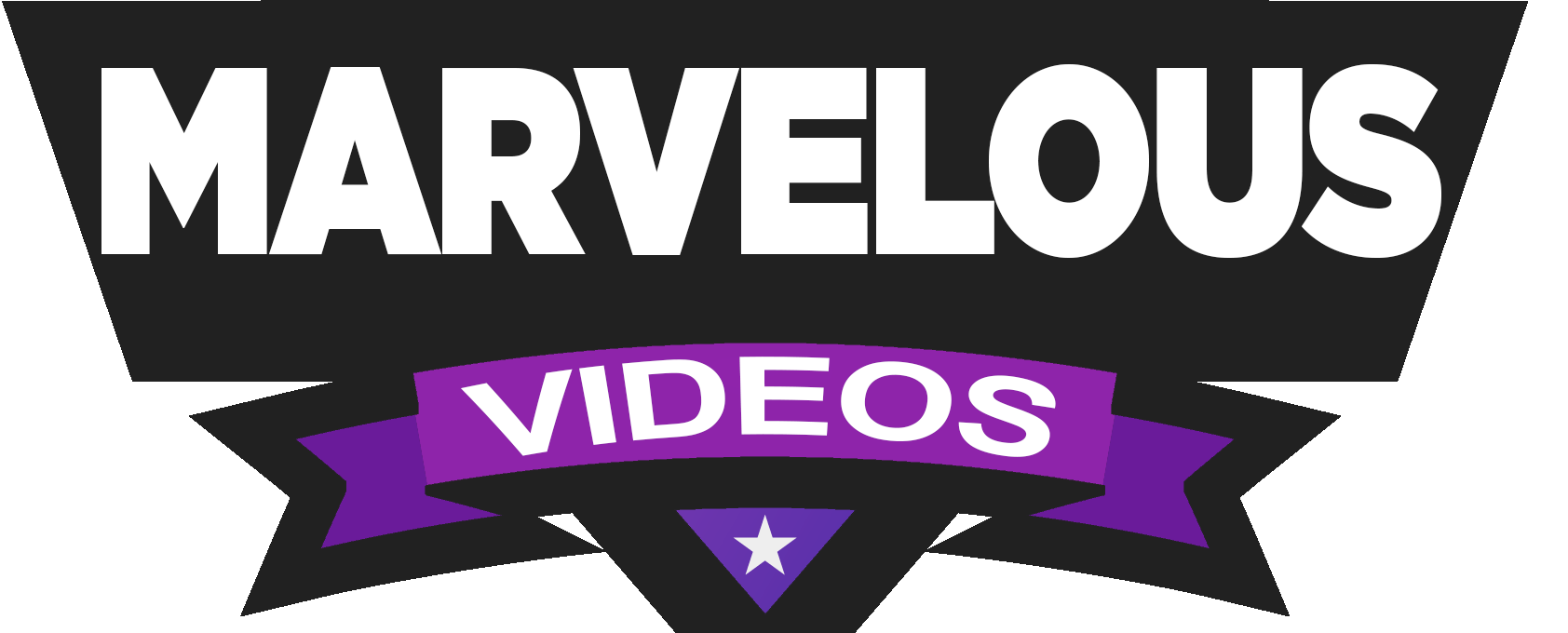Most characters from Breaking Bad and Better Call Saul would have tragic endings, if we had to characterise them. Literally, no one has a happy ending. And before any El Camino fans start yelling at us about Jesse’s trip to Alaska, a smile at the conclusion does not constitute a happy ending.
Jesse had to essentially change his entire identity to escape the life he had fallen into after losing everyone and everything he loved. Howard Hamlin, poor guy, never even had that opportunity. When we first met him, he appears to be a blue-blazer pompadour similar to any other corporate CEO; yet, as the seasons went on, the layers were exposed, and we witnessed Better Call Saul’s Shakespearean tragedy-in-waiting unravel to the point where we felt awful about initially hating him. But how, and why, does Howard Hamlin transition from Harvey Spectre to Hamlet? This movie, Howard Hamlin’s Origins – Explored, will address those inquiries as well as others.
He comes off as a snooty boss; at first – Howard Hamlin in Early Better Call Saul
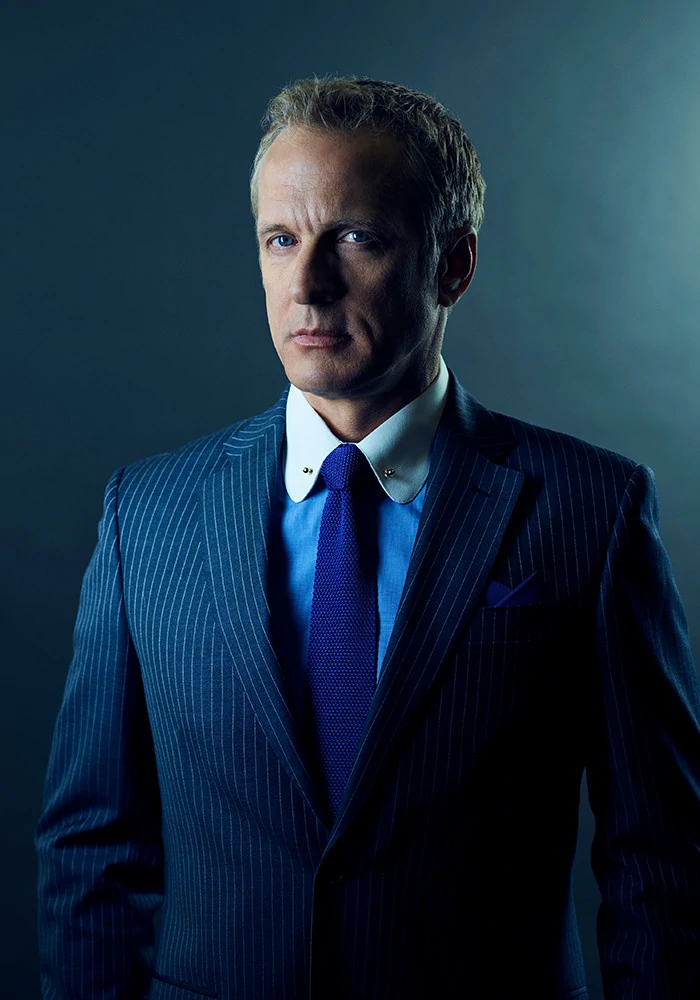
When we first meet Howard Hamlin, we have the impression that he will be a much more developed and garish Elliot Schwartz. The wealthy lead lawyer of Hamlin, Hamlin & McGill who is first seen in the first episode of Better Call Saul establishes himself as the antagonist by cutting his housebound partner’s weekly stipend from $26,000 to $857. Jimmy McGill is still working on being an honourable man at this time, so we can completely relate to what a terrible employer Howard Hamlin is being right now.
And after meeting Chuck, our hatred for Howard just intensifies—how could he treat a man with electromagnetic hypersensitivity in this way? Howard Hamlin is basically Harvey Spectre without the comedy concept, and he was always only one montage away from being him as well. Additionally, the audience does NOT find it endearing that he appears blissfully unaware of just how elitist he is.
This man employed the colour Hamlindigo Blue, which he copyrighted, to brand both his company and his personal business attire. Anyone else get the impression that Howard Hamlin kind of overdresses for every occasion when it comes to those business suits? Yes, a suit is typical professional dress, and in the series, every person with a law licence wears one, but even by lawyer standards, Howard’s outfits seem a bit excessive.
The Hamlindigo blue suits and ties, the gold collar links and cufflinks, and the suspenders are all a bit excessive. Even if he almost seems more like a businessman than an attorney, the fact that he is the “boss” and initially acts as most TV bosses does not change. Howard Hamlin is James Morgan McGill’s greatest foe if Season One is the tale of the scrappy, do-gooder underdog trying to make his way through the harsh streets of Albuquerque, New Mexico’s legal community.
Jimmy has to work out of the back of a nail salon because of this man, who also lowers his brother’s weekly allowance and is the name partner of the company. Jimmy was employed by Howard and allowed to work in the mailroom of HHM for almost ten years, developing a close connection with him. However, once Jimmy earned a law degree, Howard’s attitude toward Jimmy changed.
The great Howard Hamlin couldn’t have someone with a record like Jimmy’s sully the name of his big-time firm, so he put the poor kid out to the hounds and made him work as a public defender; or so the story and Jimmy would have you believe. This petty sense of superiority carries over into the first time we see Jimmy defending himself in court for all but copying HHM’s trademarked logos for his own legal practice.
Howard sues him on the grounds that not only does Jimmy’s new design look like HHM’s, it also uses the same colour, which is a flagrant trademark violation. Though Jimmy loses the fight in court, he wins the battle of public opinion by staging a falling incident and “saving” the guy he paid off to fall, which Howard correctly surmises is a “mere PG gag”, telling us that he knows something about Jimmy’s true nature that we- and Kim Wexler- do not see coming.
But as season 1 starts coming to an end, we start seeing who Jimmy’s “real problem” is; and it becomes abundantly clear that the elephant is in a gas-lamp lit room. When Jimmy comes across the Sandpiper case, he lands a legal- and financial- gold mine. He figures out that the company is exorbitantly over-charging its residents and creates a strong argument against the company by gathering several statements from them.
Howard rejects what is potentially a multi-million-dollar suit on the grounds that Jimmy brought it to him, which is the legal definition of insanity if you ask us, but on the day Chuck enters HHM once again, we find out that not only is Howard not the main perpetrator of Jimmy’s torments, he’s actually a victim of manipulation himself. When Howard turned down Jimmy’s offer for taking on the Sandpiper case, he turned to Chuck instead, and the two brothers worked the case together in what were probably their strongest- and only- moments of togetherness.
It seemed like the McGills were going to shake up the corporate tree so to speak, after it had wronged them time and again. Charles even took Jimmy to HHM despite his electromagnetic hypersensitivity, just to speak some sense into his partner. But Howard once again rejected Jimmy, though he was quite happy to take on the Sandpiper clients for himself and was even okay with giving the scorned McGill a substantial share of the revenue from the settlement as a “finder’s fee”.
It’s only when he exits the boardroom cursing Howard and HHM that we find out that it was actually Chuck who was behind all of Jimmy’s failures at the firm since gaining a law degree. Turns out, Chuck is the reason that Jimmy can’t get a job as an attorney at HHM because he still thinks his brother is the same old “Slippin’ Jimmy”.
Chuck tells Howard Slippin’ Jimmy by himself is bad as it is, but Slippin’ Jimmy with a law degree is like a chimp with a machine gun. Howard goes along with Chuck’s judgement not only because he is Jimmy’s elder brother and probably knows him best, but also because he was integral in Howard’s own ascent to the top of the food chain.
His pettiness is a symptom of intense manipulation and loss of agency – Howard Hamlin’s “Debts”
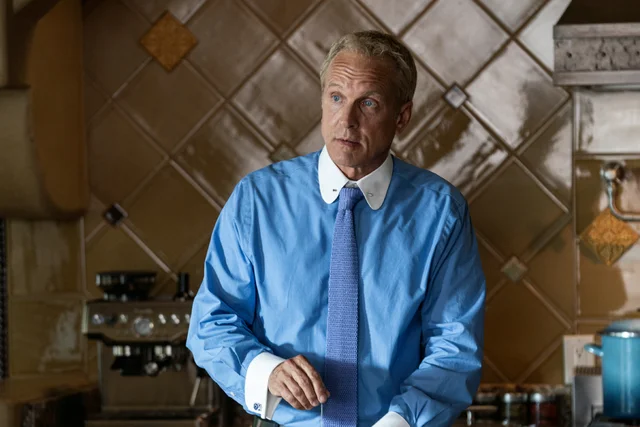
If you guys go through Better Call Saul and see anytime Howard speaks of Chuck to anyone that isn’t Jimmy or Kim, he always makes it a point to call the guy “the best legal mind I ever met”. At first, it only seems like an empty compliment to pay to his obviously bed-ridden partner, but as the seasons progress, it is revealed that Howard owes a lot more to Chuck than meets the eye.
In Season 3, we find out that Howard never really wanted to be a lawyer; he was forced into the job. His father, George Hamlin, was an attorney himself and he pretty much set a career path for his son without so much as consulting him or taking into account his own interests.
So, Howard grew up the son of a lawyer who himself ended up going to law school and eventually became the lead attorney of the law firm his father founded alongside Charles McGill. Now, Chuck wasn’t just the partner who helped HHM fly to new heights and become one of the best law firms in Albuquerque; he was also the man who mentored Howard through law school. He made him capable enough to call himself a decent lawyer, and that is a debt that Howard feels he cannot repay.
So, his way of showing respect to his mentor is to defer to his wishes regarding his brother’s employment status. Howard doesn’t get in Chuck’s way because, in a sense, he owes his entire career to the man. Heck, the only reason HHM learned of the Sandpiper case was because Chuck called Howard and sold out Jimmy behind his back. And if Chuck’s boasts are to be believed, George Hamlin owed him his career as well, but we’re getting a little ahead of ourselves here.
Suffice it to say, Howard Hamlin is not entirely the self-absorbed buffoon that Season 1- and Jimmy- make him out to be and that becomes evident towards the end of that season, where he confesses to Kim that he didn’t give Jimmy a job because of Chuck. After Jimmy finds out the real reason behind why he never got a job at HHM, he signs over Sandpiper and Chuck’s wellbeing to him, and Howard is surprised to see just how much he did for his brother.
Howard even praises Jimmy’s time at HHM, telling him he personally always liked him, and seemingly mends bridges with him by helping him get a job at the firm that is helping HHM deal with the Sandpiper case- Davis & Main. But once he starts pulling Slippin’ Jimmy antics at the new firm, Howard starts taking out his frustrations on Kim, which shows us that he can’t handle pressure as well as he makes it look like he can.
When Jimmy airs an ad without clearing it with Davis & Main, he chews out Kim and puts her in doc review just because she knew it was going to air and didn’t tell him beforehand. In Howard’s eyes, Kim betrayed her boss and benefactor because not only did HHM put her through law school, she was one of their rising prospects. Kim nearly works herself to death trying to regain Howard’s trust and her own standing in HHM precisely because she is keenly aware of how much she owes him.
But when she lands him Mesa Verde, he doesn’t restore her status. Chuck does it for her, and even then, Howard continues to treat her like an unwanted pet, sending her to defend motions that he knew were unwinnable. This leaves Kim disillusioned with Howard and prompts her to leave HHM.
Howard, anticipating her resignation, tries to outmanoeuvre her and retain Mesa Verde for HHM as soon as possible, and though it initially succeeds thanks to Chuck’s excellent knowledge of Compliance Law, he ends up losing them to Kim, whose dedication impresses Paige Novick to the point she agrees to hire her- a solo practitioner- as her lead person for handling all of Mesa Verde’s legal affairs.
Oh, and Jimmy also manages to con Chuck into submitting the wrong address for one of Mesa Verde’s prospective facilities, which dismantles their trust in Howard and Chuck more specifically as he was the one who pushed to be present at the proceedings. So slowly, but surely, the layers are pulled back on Howard Hamlin’s agendas and thought-processes and what’s revealed is a man who is as complicit as he is naïve.
Though it is true that the wants and needs of others have dictated Howard Hamlin’s entire life, it is also true that he allowed things to play out that way. Not only that, he became as bad as the people who manipulated him, during his “rough patch” with Kim which ended up marking him as the target of Slippin’ Kimmy; and BCS viewers know that that is infinitely worse than being a target of Slippin’ Jimmy because the former will think through details the latter probably wouldn’t, and that is what makes Howard’s eventual fate oh-so-tragic. But that’s his complicity explained. His naivety was believing that his mentor’s grudge against his own brother was anything but that, and it was shattered with a sledgehammer in Season 3.
It was always personal for Chuck – The moment Howard Hamlin broke
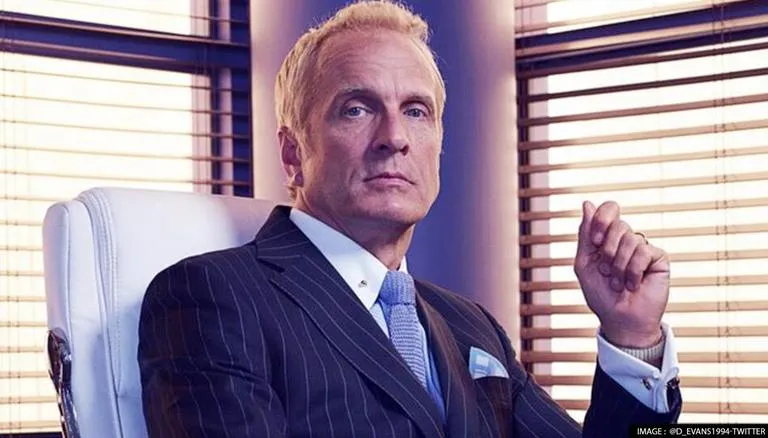
Season 3 of Better Call Saul was centred around the legal battle between Jimmy and Chuck, and Howard was a key player in all the proceedings. He was present at Chuck’s house when Jimmy broke in and confessed to doctoring the Mesa Verde files, acting as a witness to what transpired alongside Chuck’s private investigator. He even represents Chuck at the formal hearing initially, and is present throughout the rest of Jimmy’s ethical hearing, but it is there that he realises that his entire life, he had been holding down a man because his brother couldn’t let go of their past.
When Jimmy tricks Chuck into exposing his mental illness to the court- which is where his Electromagnetic Hypersensitivity stems from- Howard is shocked to learn just how deep Chuck’s resentment towards Jimmy was. So far, he had confidently placed his trust in his friend and mentor, and gone along with everything he said because 1) Jimmy kept proving Chuck right, and 2) Chuck insisted it was for the greater good.
The latter even says, “Let Justice be done though the Heavens fall”, one of the oldest maxims of practicing law, when speaking of his brother’s predicament. But when Chuck realises that he had been sitting in a courtroom full of people who were aware of his “condition” and berating his brother with a fully-charged battery in his pocket, he loses all sense of control and goes on a rant about how Jimmy “always had his hand in the jar” as a kid and openly directs the court to disbar him.
Witnessing this complete breakdown of the man he considered to be a myth shook Howard to his core, and the final nail in the coffin came in its aftermath. Howard tried to- as nicely as he could’ve- suggest to Chuck that he retire as his rant at the disbarment hearing would damage HHM’s reputation beyond repair. But instead of taking his “friend’s advice”, Chuck sues HHM.
Howard literally felt the knife twist in his back when he received a letter from Chuck that he assumed contained his resignation. He directed his assistant to plan a retirement party for Chuck, but was left irate when he saw that the M in HHM was bringing legal action towards them in his capacity as name-and-senior partner.
That’s when Howard realises just how big of a fool he has allowed himself to be; he risked the firm’s reputation and his own by allowing Chuck to pursue his Jimmy problem a bit too far. He goes to Chuck’s home to try to dissuade him from doing this, but when he sees the man can’t be reasoned with, he takes perhaps the first proper decision that was solely his own; he forces Chuck out of HHM after buying him out and makes him leave the firm in a manner that mirrors his entry back in Season 1, except it is a lot less happier for Chuck and Howard both. But this agency backfires on him in the most-horrifying manner possible, and we’re not just talking money here, though HHM does lose that as well thanks to Chuck’s chicanery.
Depression and Realisation – The Fate of Howard Hamlin is sealed
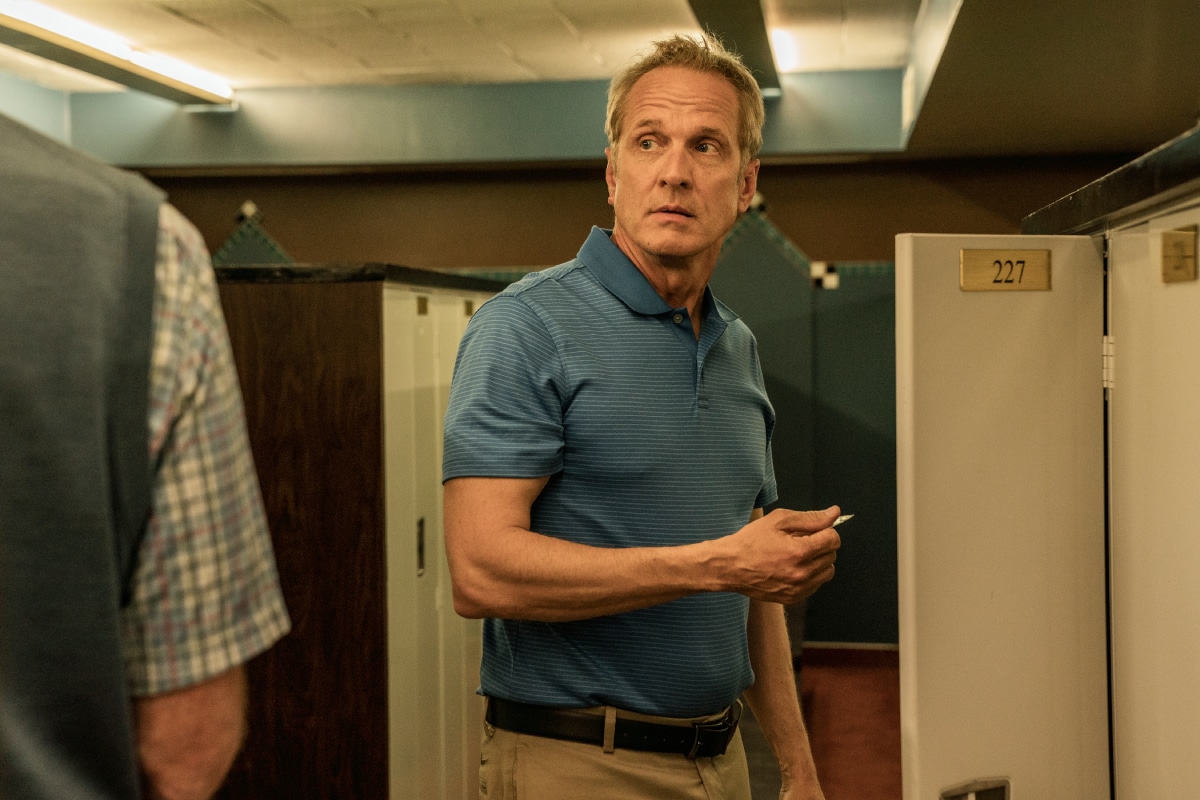
Howard spirals into depression following Chuck’s death. He is devastated because he considers himself to be the reason for Chuck’s death, and it starts a years-long personal struggle for him that he never quite manages to climb out of. Howard meets Jimmy and Kim a day after Chuck’s funeral and tells them he thinks the suicide was his fault, genuinely expressing grief and regret over the loss of his mentor and the fact that he possibly had a hand in it. But Jimmy simply tells Howard that that is his cross to bear, offloading the guilt of indirectly leading to his brother’s death onto the guy, and goes about his business merrier than usual.
This turns his depression into despair, and we really see the effects of Chuck’s meltdown when Saul Goodman meets Howard Hamlin in the restroom of the public defender’s court. He is visibly dishevelled and is at a point where he doesn’t care about his image like he used to, so he tells Jimmy why he looks the way he does; HHM and Howard personally are in a deep financial crisis thanks to the size of Chuck’s estate, and they’ve lost both clients and employees for reasons that should be clear to you guys by this point.
Jimmy hears the consequences of his actions in real-time but instead of offering to help Howard in some fashion, he gives him a disrespectful pep talk, calling him a better marketer than a lawyer in an attempt to pump him up. Saul tells Howard he needs to go out there, stop feeling sorry for himself, and do something about the situation he finds himself in which earns him a well-deserved “if you” from Howard we think but it proves our point nonetheless; Chuck’s death drove Howard into depression and dependency, forcing him to turn to sleeping pills and twice-a-day therapy sessions that only ended once HHM started getting back up on its feet.
Howard made one last overture to Jimmy in the wake of Chuck’s death, realising that he finally had the opportunity to right a wrong he never wanted to be a part of in the first place. While dispersing Chuck’s estate, he offers Jimmy a position on a scholarship board and later even offers him a job at HHM.
But Howard is unaware of just how bad Jimmy has broken by this point. He doesn’t even know that Saul Goodman is an entirely different beast altogether, and these acts of reconciliation are interpreted as an insult by him, which ends up sealing Howard’s fate.
Instead of giving him a straight answer, Jimmy keeps blowing Howard off whilst sabotaging his life with his classic antics. He lugs bowling balls at Howard’s Jaguar in the black of night. He sends prostitutes to his table at a restaurant where he is having business meetings to discredit his professional standing. He does everything but giving him a straight answer because as far as Jimmy is concerned, this is what elites like Howard are entitled to, and to Howard’s shock, Kim has started to share his philosophy.
She was working with Mesa Verde by herself full-time and managed to get herself a partner-track position at Schweikart and Cokely by bringing them her client, but she dropped it all off to go back to pro-bono work and Howard was correct in deducing that Jimmy had something to do with it; he was incorrect in assuming that it was not Kim’s decision, though, and that marked the beginning of the end.
Endgame – The Tragedy of Howard Hamlin
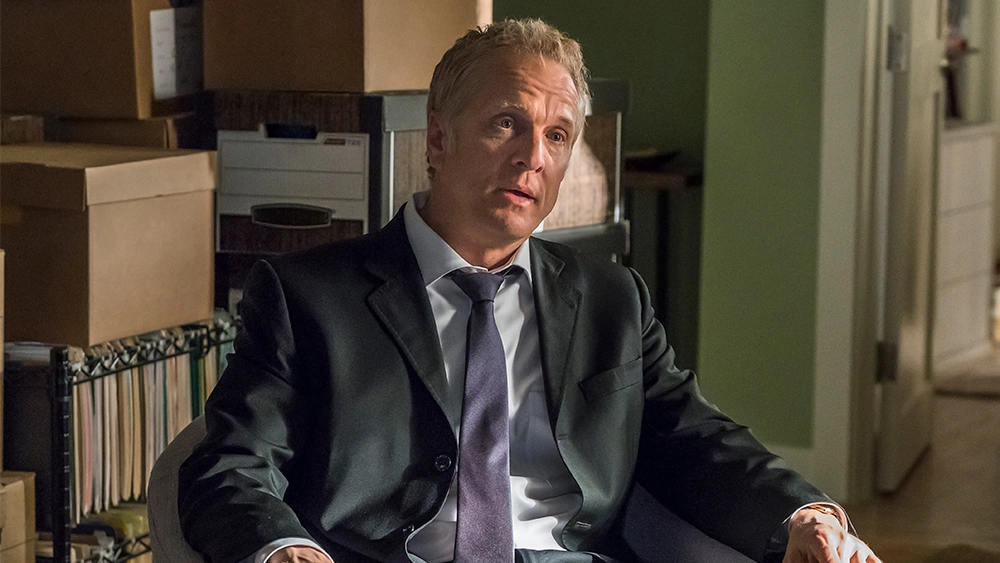
At the start of Season 5, Howard Hamlin is back on track, baby. He’s got the Namaste license plate, his tan is back with a vengeance, and it looks like therapy and hard work has helped him restore HHM to a semblance of its previous popularity. Howard Hamlin proves to himself- and us- that he is a fighter and he fights till the end. But what he doesn’t expect is the fact that not everyone fights fair. One of the biggest things keeping HHM afloat is the Sandpiper case, and Howard is determined to see it through to the end as best as he possibly can.
He takes lead on the case alongside co-counsel Cliff Main, the senior partner of Davis & Main, and manages to sweet-talk the Sandpiper residents into not settling so soon as waiting a bit longer will reward them more generously. He is hell bent upon re-establishing the firm’s reputation to the point he becomes single-minded in his pursuit of it; even his marriage suffers from the indignations Jimmy and Chuck have put him through, but he perseveres because that’s what he does. However, his one-tracked vision fails to catch up with Jimmy and Kim’s sabotage in time, and by the time he does, it is too late.
Over the course of several months, Jimmy and Kim set up Howard to appear like a drug addict not in control of his own faculties in an attempt to destroy his career. Their reasoning is so dangerously simple that you can tell how far they have fallen off the ladder; Howard disrespected them both and enjoyed a life of privilege himself, so a career setback would teach him a lesson.
And besides, it’s the career of one lawyer, whom they do not like. They devise the perfect plan to frame him, and nearly carry it off without a hitch, too. Jimmy plants a baggie of “cocaine” at Howard’s locker at his golf club which Cliff Main notices, sowing the seeds of Howard’s self-destruction. They water it by having Jimmy steal Howard’s Jaguar and push out Wendy in front of the spot where Kim was meeting Cliff for lunch, which convinces Cliff that Howard is into “hookers and blow”, while the man himself unloads his current mental health status to his therapist, blissfully unaware of where his car was at the time.
And the final nail in the coffin is the PI Howard hires to spy on Jimmy and Kim, mirroring Chuck’s actions from Season 3, because by this point he has begrudgingly accepted the fact that he was right about Jimmy; there is no way you can take the conning out of a con man’s nature, and Howard would prefer to settle things “like men”.
He coerces Jimmy into having a boxing match with him instead of dancing around the issue he so obviously had with him, and beats him too, thinking that this will finally convince Jimmy to leave him alone, but he should’ve known it would only serve to spur him onward. And he should’ve known it would be on the most-important day of his life, but Howard Hamlin never had that kind of foresight, and it only ended up costing him his life.
On the day of the official hearing for the Sandpiper settlement claims, Jimmy and Kim managed to slip a psychoactive drug to Howard by the medium of a few doctored images that made him think Jimmy had manipulated the judge he was listening to during the meeting. He creates a massive scene which also indicates obvious signs of drug-usage, and it causes the Sandpiper case to fall out of his hands.
HHM is forced to settle, Howard’s personal reputation is destroyed, and he loses everything. Even his wife will no longer drink the coffee he prepared for her as a gesture of peace from the cup he made it in; she prefers dumping his feelings into a to-go cup and going to social appearances by herself. Thoroughly defeated and near-insanity, Howard shows up at Jimmy and Kim’s apartment, clearly drunk off his rocker.
He brings them a bottle of Macallan scotch- the same scotch he brought to Chuck to celebrate their “victory” in an earlier season- and then lays into them for destroying his life for no real reason apart from the fact that they “get off on it”. Howard realises that he was a mark of sociopathic satisfaction, and he calls Jimmy and Kim Leopold and Loeb, promising to expose them for what they truly were to the world, but we know by now that that didn’t end up happening.
Just as Howard was finishing up his speech to the sociopathic couple, Lalo Salamanca showed up to Kim’s apartment. Howard didn’t know a thing about Lalo and he was so angry that he failed to register Jimmy and Kim’s clear fear of him. He jokingly told Lalo to get better lawyers than these two but that would turn out to be the penultimate statement of his life. As Lalo pulls out his gun and puts the silencer on it, Howard Hamlin realises just how dangerous his situation truly is, and before he can do anything about it, is shot dead in cold-blood by Lalo.
His head hits Kim’s coffee table at the same angle at which Chuck hits his head in an earlier season, showing us just how badly the lives of those who truly know Jimmy seem to end up. And even in death, Howard does not find the dignity he once commanded; the cover story that Mike and his crew come up with for him plays into Jimmy and Kim’s scheme of making him appear like a drug addict to get him discredited and disbarred.
The last piece of information the world receives about Howard Hamlin is the fact that his car was found several miles away from Albuquerque. There was cocaine in the upholstery. He visited Kim and Jimmy in a chemically-altered state, and then drove off to the shoreline where his car was found, having presumably committed suicide-by-drowning. In reality, Howard Hamlin’s body lies at the bottom of the meth superlab that Gus Fring ends up creating.
At his funeral service, Jimmy and Kim find out that HHM was shutting down its current office, changing its name, and moving across town thanks to their scam. Cheryl is suspicious of them having been involved in his death because she recalls Howard telling her that Jimmy had been harassing him, but Kim lies to her about having seen Howard using, which gets the heat off of them but ends up sealing their fate as well.
After sharing a sombre kiss with Jimmy in the parking lot, she splits with him, leaving only Saul Goodman behind in her wake. Over the course of 6 seasons, Howard Hamlin goes from the hated, corporate boss to the sympathetic victim of unrelenting con artists and it is one of the best- and most-tragic- character arcs we’ve seen till-date. Having said that, let’s look at the real-life inspirations behind his character, what he says, and what it means.
Charlie Hustle and the Bobby Franks to their Leopold and Loeb – Howard Hamlin’s allegories
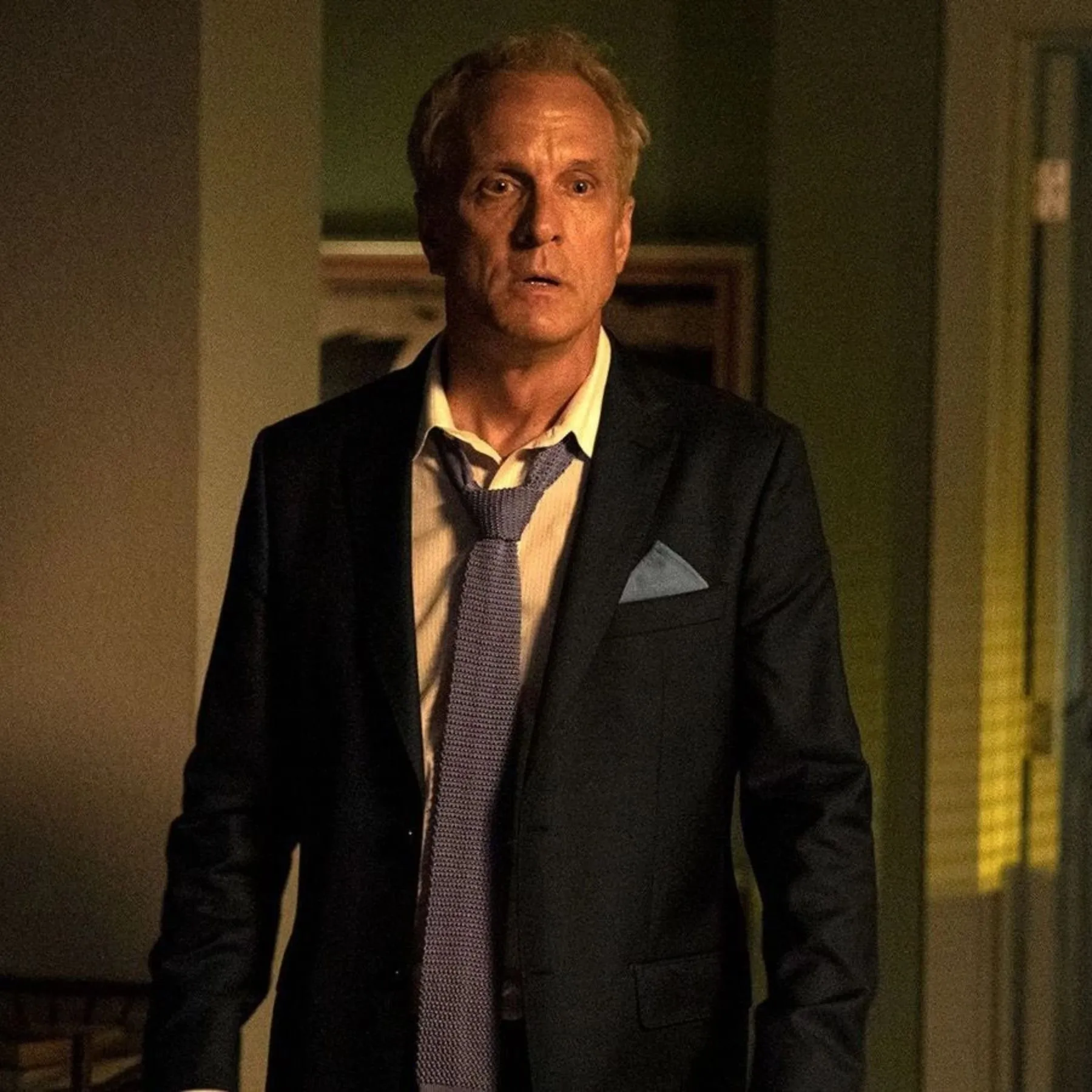
The real-life inspiration behind Howard Hamlin himself seems to be his portrayer, Patrick Fabian, who has been described by everyone who has ever met him as the “nicest guy ever”. Howard Hamlin, too, is the nice guy in the room, but we feel like he’s an exaggeration of Fabian’s personality as he can be too nice to a fault. Howard goes out of his way to do things for people that he thinks are right never once questioning whether they feel the same way, and that ends up coming off as pushy and presumptive instead of caring and conscious, which is what he needed to be.
As for Howard’s legendary tan, that’s all Patrick as well, who is an avid surfer and manages to get that gorgeous tone without a tanning bed; unlike his on-screen character. Howard is a man who clearly possesses taste; he listens to classic music in his car, has an almost-robotic morning routine, and does nearly every other thing you can think a rich guy would do in his spare time.
But it’s the references he uses during the show that really drive home the foreshadowing not just for his character, but for every character around him. While Chuck calls his brother Slippin’ Jimmy- which is representative of his con-man personality- Howard had another nickname for him. He’d call Jimmy “Charlie Hustle” during his days in the mail room, which is a particularly intriguing nickname given the fact that it belongs to one of the most-notorious baseball players of all time.
Pete Rose was given that nickname by the legendary Cincinnati Reds coach Whitey Ford after he observed that the guy would go the extra mile even for a regular training drill that involved “pacing”. As a player, Pete Rose gave it his all and garnered one of the best baseball stats for an individual player, ever, to the point that he was already a Hall of Fame contender before the 21st century began. But the reason why he never got that induction was his gambling problem.
While he was working as a player/manager for the Reds towards the end of the 80’s, it came to light that Rose had been betting on his own games, which was a direct conflict of interest considering his managerial position. As a result, he was barred from entering the Hall of Fame, giving a new meaning to his nickname. Where Charlie Hustle was called so for his unwavering dedication to the sport of baseball whenever he was on the pitch, by the time the gambling scandal broke out, it could interchangeably be used with Charlie “Hustle”; where hustle stands for “hustling” or duping someone into believing something false.
Both of these analogies perfectly fit Jimmy McGill. During his time as a mail room associate, he genuinely worked his butt off and earned the nickname as a mark of pride; by the time he completes his transition into Saul Goodman, it is clear he has decided to give in to his addiction for conning people. Both of these things are very fitting for Bob Odenkirk’s tortured lawyer, as is the next allegory Howard makes for his character. In his final speech to Jimmy and Kim, Howard calls them Leopold and Loeb.
A quick Google search will show you guys that it was called the trial of the century because two young men decided to commit the “perfect crime” and found out the hard way that no crime was perfect or casualty-less. Together, the two conspirators killed a young man called Bobby Franks and were given two life sentences in effect when their crimes were discovered.
Though they escaped the death penalty, their lives were pretty much over anyway; Loeb died in prison due to a rather vicious attack, and Leopold lived the rest of his life in bitter regret. In the context of Better Call Saul, Howard Hamlin was Bobby Franks, even though his death was “not a part of the plan”. And while Kim and Jimmy are clearly Leopold and Loeb, figuring out who represents whom can hold the key to unravelling the ending of Better Call Saul. Because Loeb and Leopold end up blaming each other for the crime when everything breaks down, and one of them ends up dying in prison.
Jimmy and Kim are both alive- for now- but the implication seems to be that one of them will die while the other will serve for life. If we had to guess who would go through what, we’d say Jimmy will die and Kim will go to jail, but it can just as easily play out the other way round.
While this and the Charlie Hustle thing aren’t inspirations for Howard Hamlin’s character, they do end up accurately describing the personalities and problems of Jimmy and Kim, which ends up making Howard the moral compass of the show. It’s just too sad that he ends up dying before making any real change to the story, because he could have done so; he was just in the wrong place at the wrong time, and sometimes, that’s enough to get you killed.
Marvelous Verdict
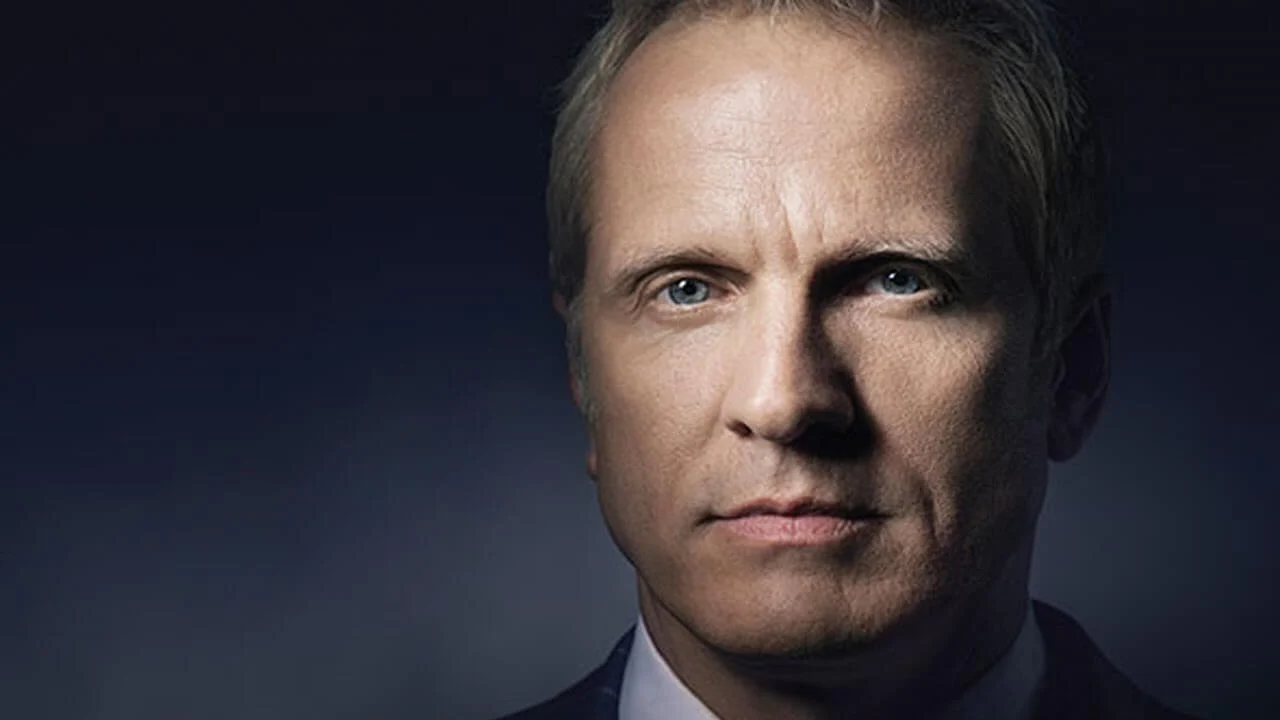
Howard Hamlin is the perfect example of a man being washed over by his own circumstances. He never had control over his own life, so when he got authority, he exercised the form of control that he had observed, not practiced. He was smart, but not smart enough and was more often than not treated as a silver-spoon baby.
But that doesn’t mean he wasn’t human, and if he had only been a bit less impractical and a bit more paranoid by nature, he might as well have been alive at this point in the story. Howard Hamlin’s life is representative of just how having no agency over your own life can make you spin out of control; and his death shows you that no crime is casualty-free.
